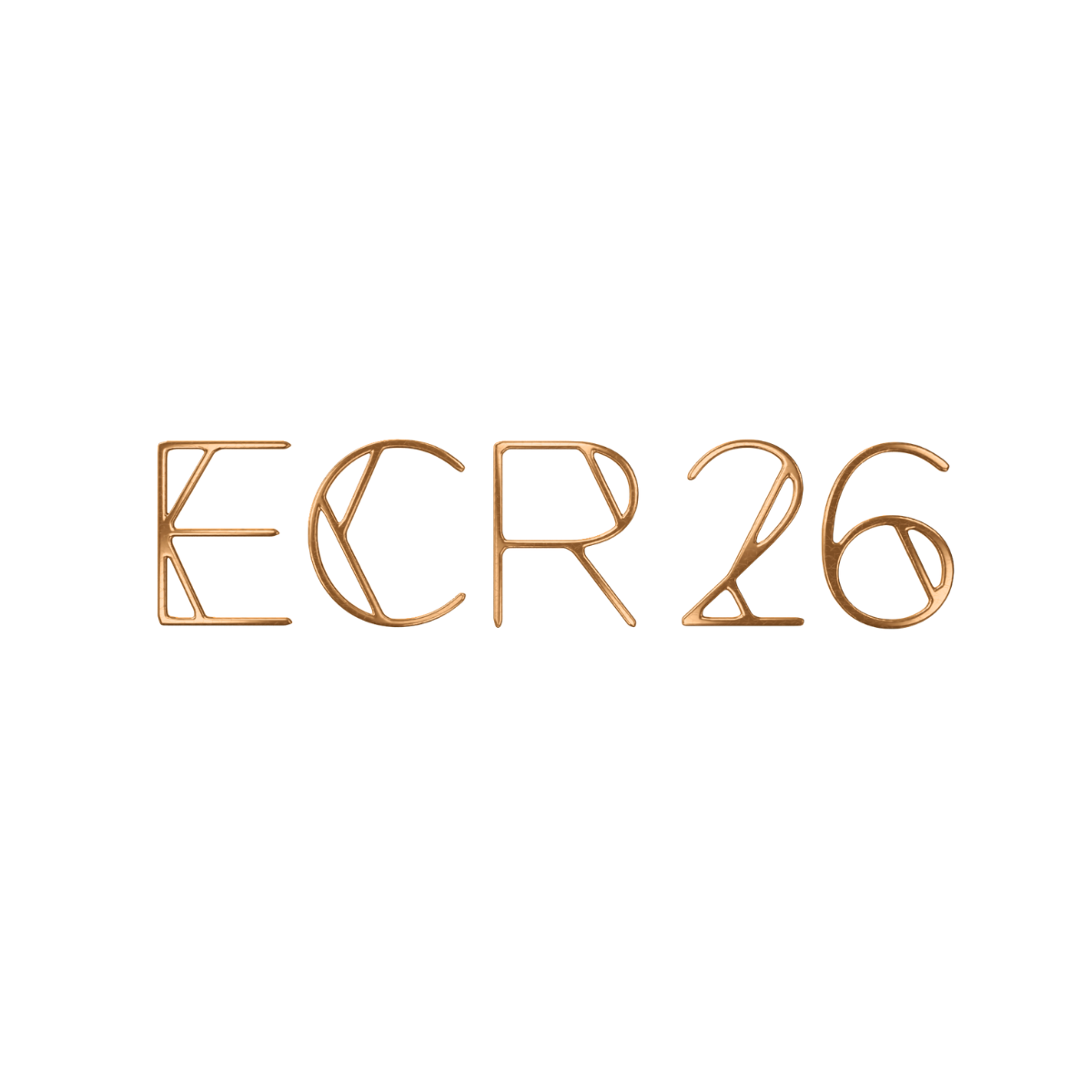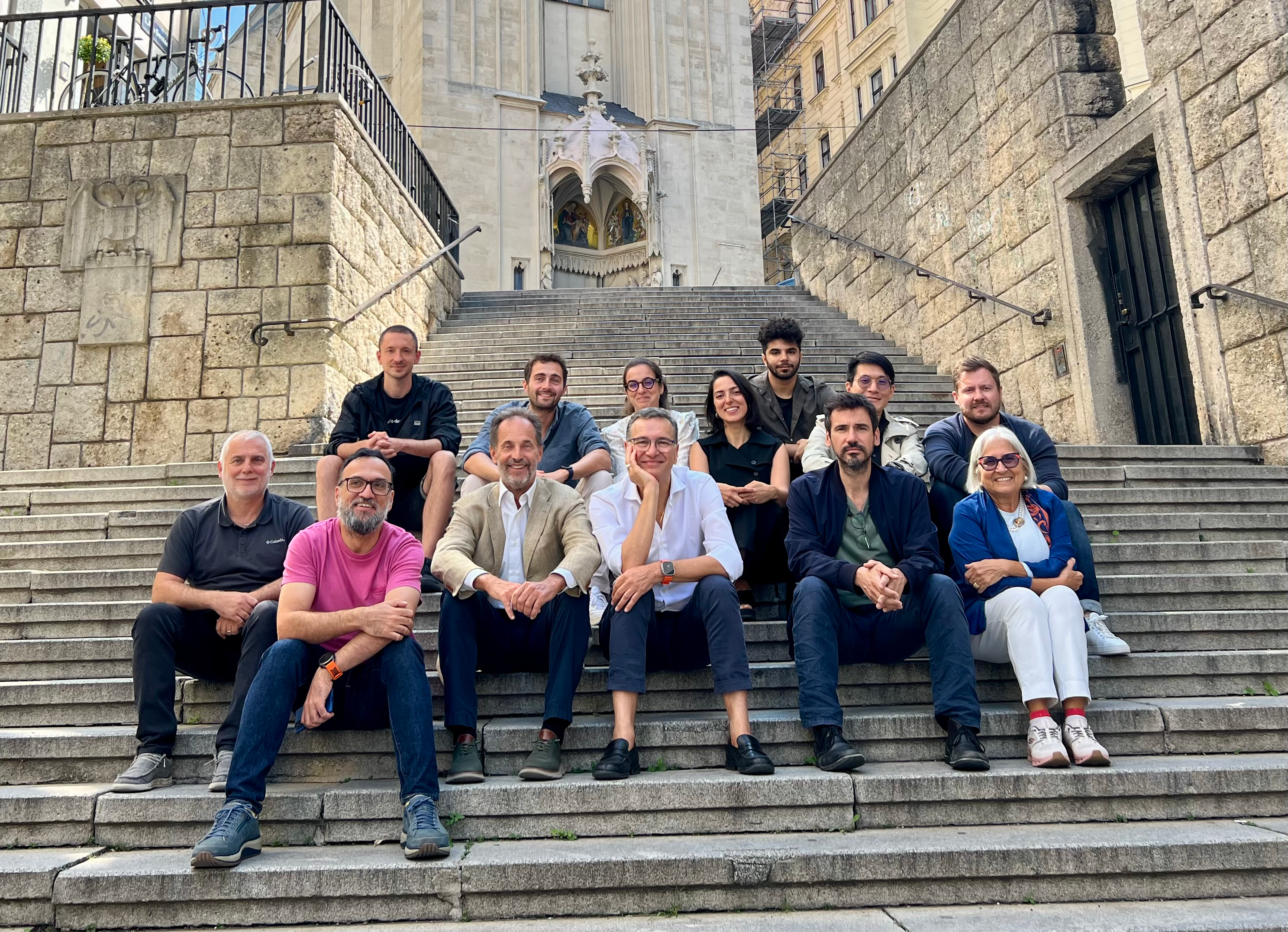Introducing the PhD Students Driving Innovation in the HyperProbe project!
The HyperProbe project is developing a groundbreaking device to assist surgeons in localizing tumor during brain surgery. Funded by the European Innovation Council and SMEs Executive Agency (EISMEA) within the Horizon Europe program, the HyperProbe project is a collaboration among universities, SMEs, clinics, and research organizations. We are proud to highlight the contributions of several talented PhD students whose work is invaluable to the development of the HyperProbe device.
Anam Toaha
Academic Background:
”I am a Ph.D student at the European Laboratory for Non Linear Spectroscopy (LENS), University of Florence, Italy. My area of research is in biomedical imaging and spectroscopy. I obtained my initial master’s degree in Physics from Aligarh Muslim University in India. I obtained my second master’s degree in Physics, Photonics and Nanotechnology from the Université de Bourgogne in Dijon, France. Additionally, I acquired research experience at the University of Tübingen in Germany.”
Why HyperProbe?
“For my research, I chose the HyperProbe project due to its innovative approach to revolutionise neurosurgery through artificial intelligence. This project involves a multidisciplinary team of physicists, engineers, clinicians, and industrial professionals, which will enable me to acquire a wealth of knowledge and conduct research that benefits our community. Photonics and Spectroscopy are my research interests.”
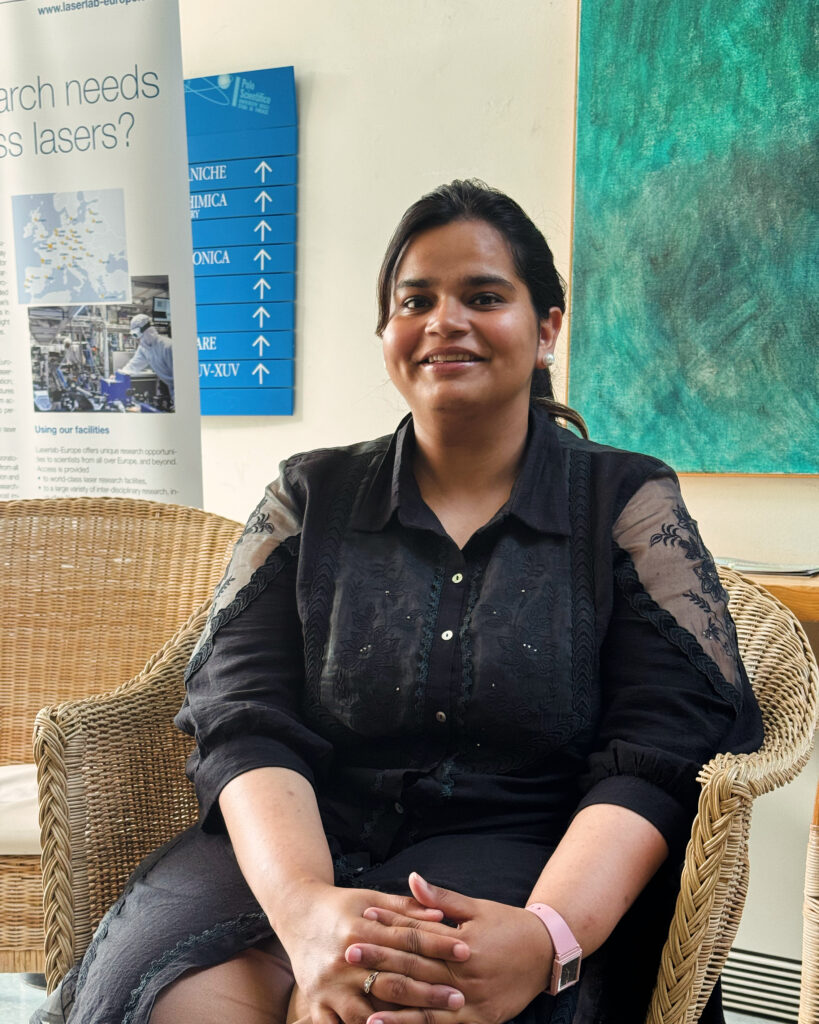
Role in HyperProbe:
“My role in the HyperProbe project is working on the development of a novel optical device based on hyperspectral imaging system. During my research I will characterise the HyperProbe1.1, an upgraded benchtop system and test its capabilities to target biomarkers of interest in neuronavigation and this will be tested in vivo on animal models and ex vivo on biopsies. Additionally, I will test the application of HyperProbe1.1 to digital and optical phantoms. I am also enthusiastic about acquiring additional knowledge about the machine learning techniques employed in HyperProbe through collaborations. Hopefully, we will be able to introduce HyperProbe to clinical settings by the end of my Ph.D.”
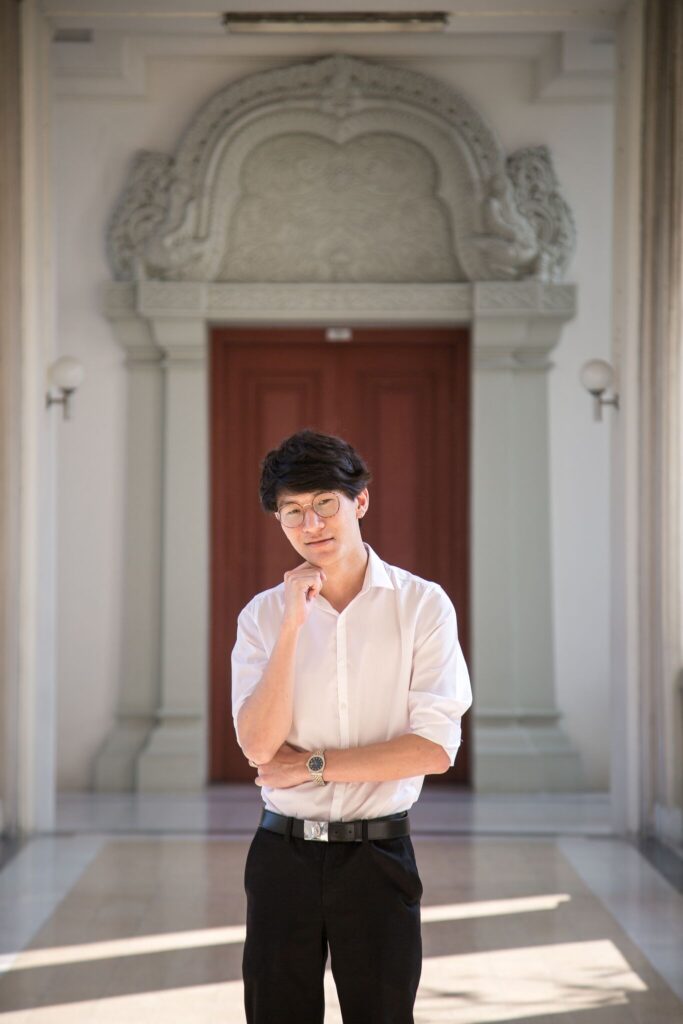
Adithep Kawinkij
Previous Work:
“I graduated from Chulalongkorn University in Bangkok, Thailand, with a Bachelor’s degree in Aerospace Engineering (with honors) in 2017. My personal project involved creating Thailand’s first civil supersonic wind tunnel. Following that, I worked at the National Astronomical Research Institute of Thailand (NARIT) in Chiangmai as an opto-mechanical engineer and research assistant from 2017 to 2021.
During this time, I contributed to projects related to the “Evanescence Wave Coronagraph” and “Exoplanet High-resolution Spectrograph.”
I continued my academic pursuits by graduating from the Institut d’Optique Graduate School (IOGS) with the diplôme d’ingénieur de l’institut d’optique théorique et appliquée. Additionally, I earned a Master’s degree in Advanced Imaging and Material Appearance (with honors) from Université Jean-Monnet in 2023. My studies led me to an internship at Quantel Medical in Cournon-d’Auvergne, France, where he worked in the R&D department on the project “Retro-illumination Design for Detection of Guttae in Corneas and Cataract in Crystalline Lenses.”
Current Work in HyperProbe:
“Currently, I am a doctoral student at the CREATIS Laboratory in Villeurbanne, France. My research topic is “Intraoperative Optical Imaging for Neurosurgery Guidance.” I focuse on using optical techniques such as Hyperspectral Imaging and Polarimetry to facilitate brain functional area identification during neurosurgery. Specifically, I investigate the feasibility of using the rest-state procedure in optical imaging and aims to improve functional resonant imaging methods.”
Angelos Artemiou
Academic Background:
“I hold an MEng in Electrical and Electronic Engineering from Imperial College London, with a focus on hardware development (VLSI). More recently, I have taken an interest in other areas such as Quantum Physics, DevOps and Software Engineering, and DSP, all essential in the development of optical imaging devices. My passion for cutting-edge technology and its impact on healthcare led me to pursue a PhD in the field of medical instrumentation.”
Role in HyperProbe:
“In the HyperProbe project, where my role centers around developing essential validation tools. These tools ensure that HyperProbe instrumentation performs accurately and reliably. They validate its functionality, precision, and consistency. They also aid in the calibration and would be essential for commercialising not only Hyperprobe, but any medical instrument.”
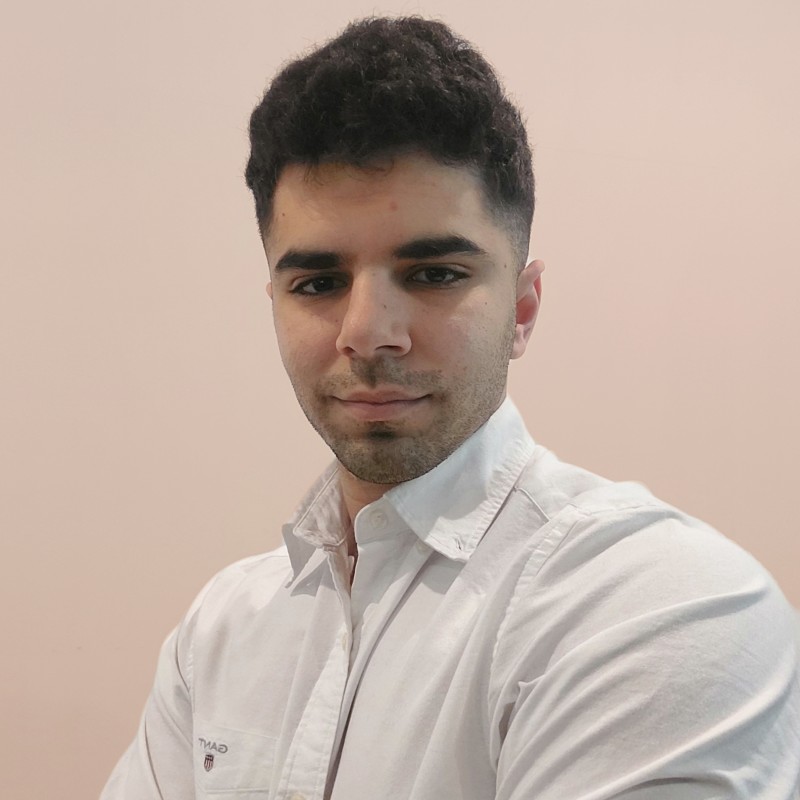
Future Plans:
“Looking ahead, I am committed to a career in research and development within the medical instrumentation domain. My focus will remain on optical imaging technologies, as I believe they hold immense potential for transforming healthcare. By combining my engineering expertise with a passion for improving patient care, I aim to contribute significantly to the field.”
The contributions of our PhD students are at the heart of the HyperProbe project, driving innovation and ensuring the success of our mission to revolutionize brain tumor surgery. Their diverse backgrounds and expertise bring a wealth of knowledge and fresh perspectives, enabling us to tackle complex challenges and push the boundaries of medical technology.
Stay tuned and follow us on our social media channels (LinkedIn; Twitter) to keep updated with the latest news from the HyperProbe project. Join us in celebrating the achievements of our PhD students and witness firsthand how their work is transforming the future of medical technology.
